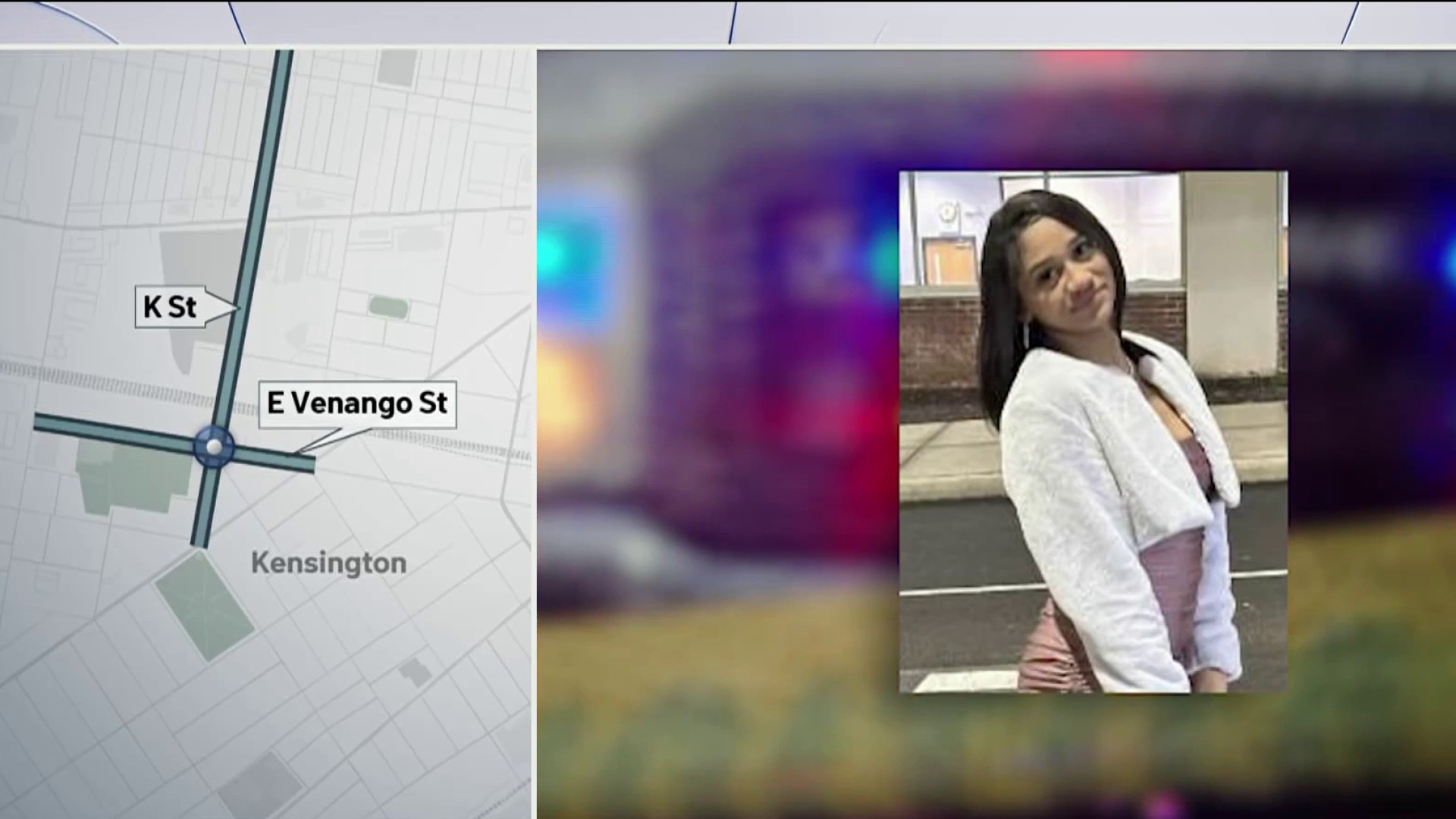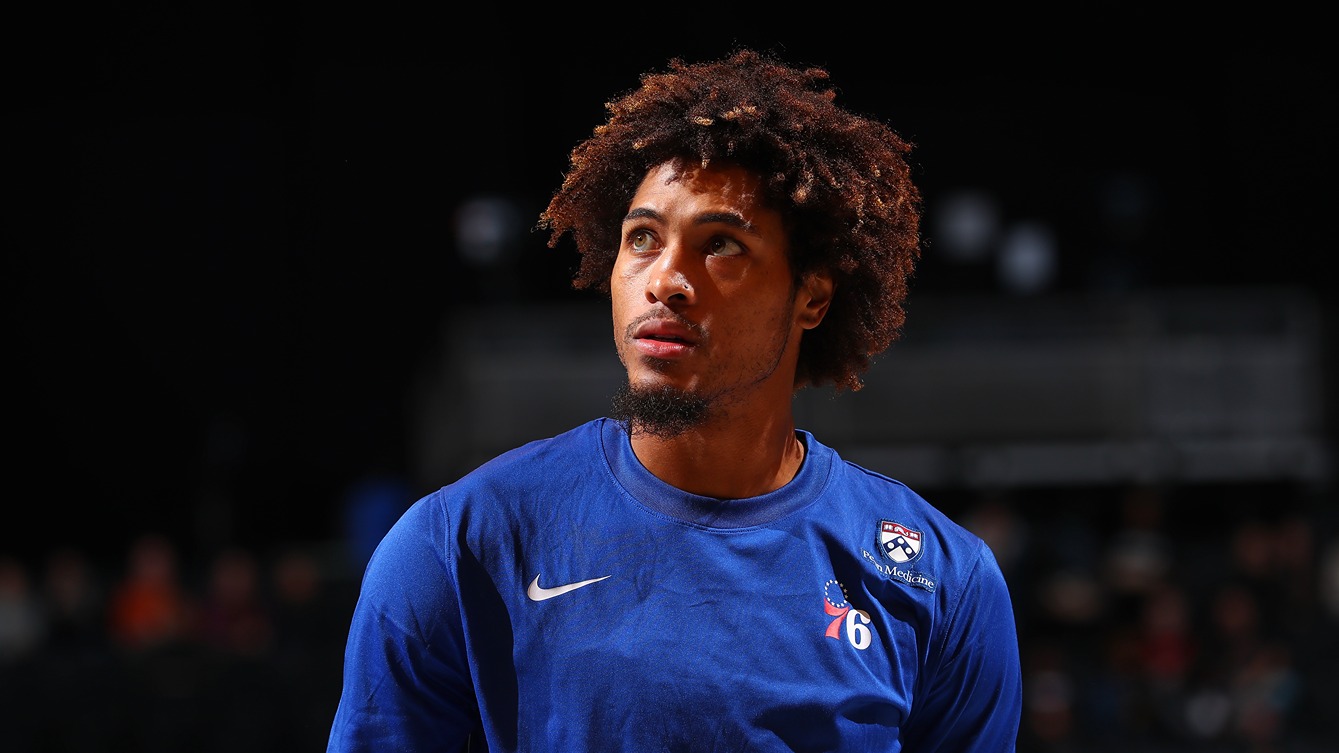The sloppy joe in school cafeterias is going the same way of newspapers, cigarettes and coal mining.
At least in the Lower Merion school district.
Sushi was a top seller in student cafeterias last year, with the Japanese cuisine turning a profit of $26,000 for the district.
But the fact that sushi even finds its way onto school menus every Thursday has opened a raw wound for the attorney who successfully sued the district over tax increases this summer.
"When I went to Northeast High (School in Philadelphia) back in the day, we got beans and franks," said Arthur Wolk, whose lawsuit led a Common Pleas judge to rule that Lower Merion schools must revoke their 2016-2017 tax increase. "These school officials need to wake up."
The district has appealed to Pennsylvania's Commonwealth Court to reinstate its 4.4-percent tax increase. The court will hear arguments Dec. 12 in Harrisburg.
A spokesman for Lower Merion schools defended sushi as not "this spectacularly unique item," and he described it as a healthy option that some other area school districts also offer.
Local
Breaking news and the stories that matter to your neighborhood.
"We don't offer spoonfuls of slop on plastic trays. If we did that, our food services department would go out of business," spokesman Doug Young said. "Nationally, there has been a big shift. It's more about healthy options than ever before."
He said the students are a big part of the push toward healthier lunches.
"In the past, chicken nuggets were real popular, hotdogs too. But kids are becoming much savvier about eating healthier," Young said.
"The kids line up for it," he added. The district last year spent $48,000 on sushi from a Lansdale restaurant and had sales of $74,000.
Wolk and his supporters, who argue that the district has increased taxes annually while also building up millions in cash reserves during the past decade, said it's less about revenue from sushi and more about the message it sends.
"In Lower Merion public schools, a student can buy nine pieces of sushi for $6.50," Wolk said. "The Lower Merion School District is providing a lesson in inequality when, only 3.5 miles away, 84 percent of students at Overbrook High School in Philadelphia qualify for a free or reduced-price lunch. Rather than setting an example of thrift and discretion for the children of affluence, Superintendent (Robert) Copeland flaunts the fact that Pennsylvania public schools are separate and unequal."
A Common Pleas judge ruled in late August that Lower Merion improperly raised taxes above a state-mandated cap of 2.4 percent by using exemptions from the Pennsylvania Department of Education for special education and pensions.
Wolk successfully argued that the district has more than $46 million in cash reserves, with much of that money in accounts for special education, pensions and capital improvements. About $10 million is in uncommitted surplus accounts, according to its 2016-2017 final budget adopted in June.
A growing number of Pennsylvania school districts are applying for and receiving approval from the state Department of Education for exemptions to the caps on annual property tax increases, according to an NBC10.com analysis of DOE records.
“All you have to do is complete the form. That’s it,” Springfield Township budget chief Ken King told NBC10.com. “We don’t use exemptions. We don’t like to use them. But you start the budget process in October with very little known. There are a lot of things outside our control. Just to be safe, we file for exemptions.”
NBC10 Investigators also found that some school districts have chronically overestimated their annual expenses, creating surplus funds from taxes raised each year.
The Lower Merion School District has increased taxes for property owners by more than 50 percent since 2006, according to court filings.



